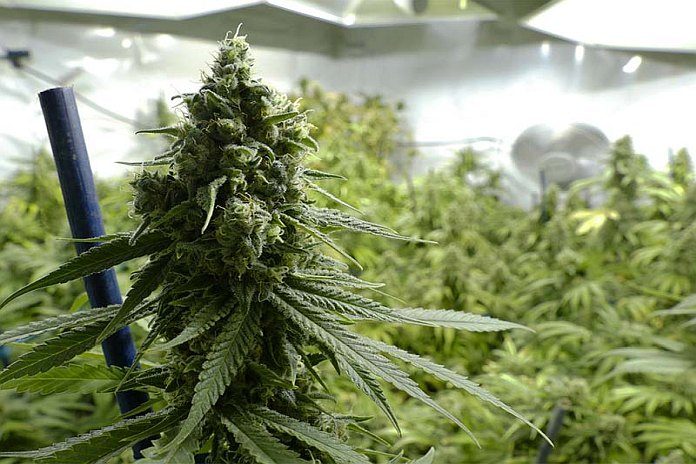LUSAKA, Zambia, (Reuters) – Zambia has legalised the production and export of cannabis for economic and medicinal purposes, the government’s chief spokeswoman said on Monday, becoming the latest country to shift its position on the drug to give its finances a boost.
The approval for the export of cannabis was granted at a special cabinet meeting on December 4, spokeswoman Dora Siliya said in a statement. It was not clear from the statement if the use of cannabis for medicinal purposes in Zambia had been legalised.
The southern African country joins a host of nations that have legalised or are considering legalising cannabis to some degree, as attitudes towards the drug slowly change and investments in its medical benefits grow.
Zambia’s motivation is rooted in a hefty fiscal deficit and a growing debt burden. Growth in external debt to $10.5 billion at the end of 2018 from $8.74 billion a year earlier has raised fears the country is headed for a debt crisis.
Zambia cut its 2019 growth forecast in September because bad weather had hit crop production and electricity generation while the International Monetary Fund (IMF) has said growth is likely to remain subdued over the medium term.
An International Monetary Fund (IMF) staff team led by Dhaneshwar Ghura visited Lusaka from November 13–19, 2019 to discuss recent economic developments and the economic outlook for 2020 and the medium term.
“Macroeconomic outcomes have weakened as a difficult fiscal position combined with a severe drought have resulted in projected growth slowing to below two percent and an increased risk of food insecurity.
Zambian opposition Green Party president, Peter Sinkamba, who has been advocating the export of cannabis since 2013, said the move could earn Zambia up to $36 billion annually.
“Depending on how properly this is done, this could just change the face of Zambia’s economy,” Sinkamba told Reuters. “This could be a blessing or a curse, like diamonds and gold, depending on the policy direction.”
Siliya said the government had directed the ministry of health to coordinate the issuance of the necessary licences while a technical committee made up of ministers from a range of departments would come up with guidelines.






$US 36 billion annually is wishful thinking big time given that the big Western countries are going full speed ahead with their marijuana industries.
Still Zambia has lots of good farmland and low production costs and could easily challenge or even devastate the efforts of many tiny Caribbean countries to produce both medical and recreational marijuana for the export market.
As many desperately poor African countries with tons of arable land and rock bottom production costs quickly enter the medical and recreational marijuana game our Caribbean efforts to earn Piles of money from ganja exports is quickly fading even before the industry gets off the ground.
Another get-rich-scheme doomed to be dead on arrival simply because: (1) Caribbean production costs are very high compared to the poorest countries in African and elsewhere, (2) our capital infusion into first class weed production is limited as is our technological expertise especially for medical marijuana, and (3) the big First World countries, especially America, will never let our product compete with their own, especially as they themselves are desperately coping with the birth pains of still emerging market.